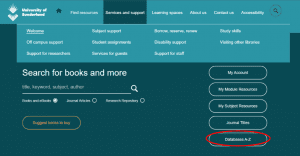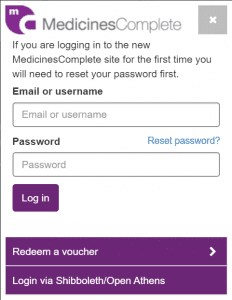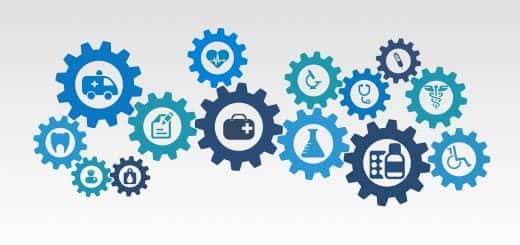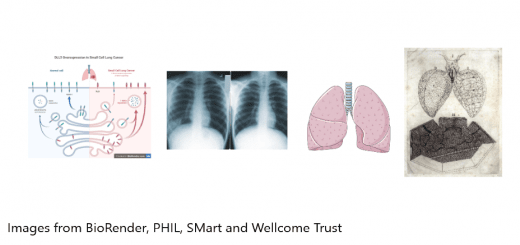Studying Online: Medicines Complete now available off-campus
 The University subscription to Medicines Complete has been permanently extended to include off-campus access. Medicines Complete is an online platform that gives access to:
The University subscription to Medicines Complete has been permanently extended to include off-campus access. Medicines Complete is an online platform that gives access to:
British National Formulary (BNF),
BNF for Children (BNFC),
Martindale: The Complete Drug Reference, and
Stockley’s Drug Interactions.
To access Medicines Complete either click on the logo above or search using Databases A-Z from the library website: https://library.sunderland.ac.uk/

 In the Medicines Complete homepage, click the login button on the top right corner of the screen and in the login box click on the link at the bottom to ‘login via Shibboleth/Open Athens. You’ll need to search for University of Sunderland in the list of institutions and then you’ll get our log in screen where you can log in using your University ID and password.
In the Medicines Complete homepage, click the login button on the top right corner of the screen and in the login box click on the link at the bottom to ‘login via Shibboleth/Open Athens. You’ll need to search for University of Sunderland in the list of institutions and then you’ll get our log in screen where you can log in using your University ID and password.


